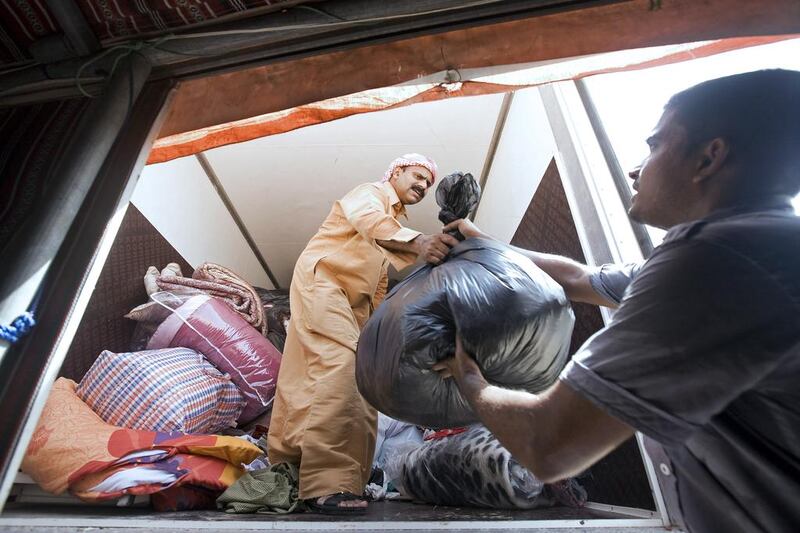Helping those who are less fortunate is a natural instinct that reflects the best of humanity, which is why many are perplexed about warnings against people launching spontaneous efforts to raise funds for individuals and charities. That said, it’s an unfortunate reality that there has to be oversight over charitable giving, to prevent a cynical and unscrupulous minority from exploiting this for their own ends. In the West, there is a long history of dubious organisations in which only a tiny amount of the money raised goes to the intended recipients, with the rest skimmed off by those who collect the donations. In this region, there is legitimate concern that some money raised might go to radical organisations. Wherever and whenever money is concerned, there will always be criminals planning to defraud the public.
Thus, there is clearly a need for laws such as Decree No 9 in Dubai to protect the generous public. Under the law, it is illegal to collect donations or to advertise fund-raising campaigns without written approval from the Islamic Affairs and Charitable Activities Department.
But we wonder if the application of the law needs as much to be based on the intent as the letter of the law? For example, compassion for victims of natural disasters abroad often cannot wait for official approval. Then, there are appeals for funds for crucially needed medical treatment of patients, supported by bona fide doctors at our very best medical institutions. And then again, what about volunteers who find a stray dog hit by a car and who must find money to pay for costly emergency care by a veterinarian? In many such cases, surely it can be easily determined that there are no intentions of bad faith involved?
So, might not prosecutors apply a test of good faith versus bad and pursue the law as it was probably intended by those who wrote it? We hesitate to think what might happen if the natural generosity of residents of this country towards legitimate and worthy causes were to be curtailed by red tape that might not have been envisaged when statutes were drawn up.
The law is an art in balancing protection against harm. We must exercise our utmost in protecting against injury. But we must also do this with great prudence so that our actions themselves do no unintended damage. In this light, it would be useful to hear from prosecutors about how we might go about doing so.





